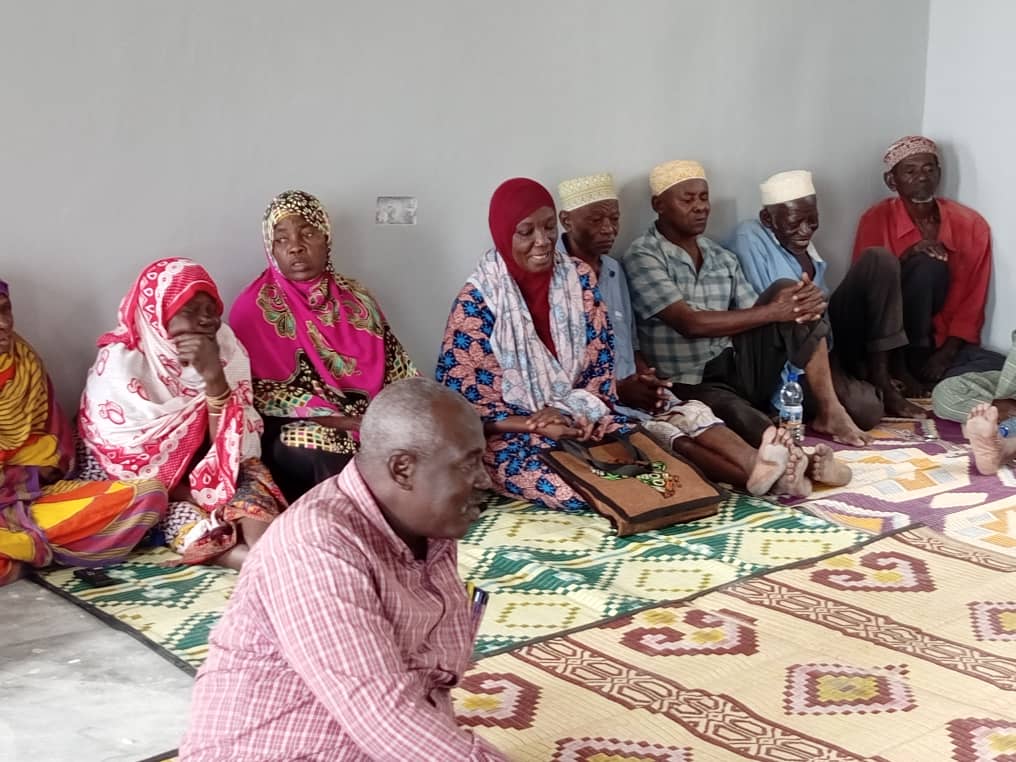Tumbatu Island, off the coast of Zanzibar, is a hotspot for both marine biodiversity and archaeology. The island has numerous remains of coral stone structures, including dwellings and mosques. The surrounding waters are home to two islets, Popo (bat in Swahili) and Mwana wa Mwana. Both have rich fishing grounds. Some common species include sea turtles, bottlenose dolphins, parrotfish, trigger fish, milkfish, and a wide variety of crustaceans. Stands of mangroves provide an important nursery for a wide variety of marine life.
A scramble for marine resources on the densely populated island, however, has destroyed coral reefs, seagrass, and mangroves. The use of small-mesh nets that catch undersized fish, and dynamite fishing (a rampant problem in Tanzania) have hurt fisheries. Common methods of harvesting sea cucumber, octopus, and lobster damage coral. Islanders have reported turtle poaching and destruction of turtle nesting sites.
The Tumbatu Channel is officially safeguarded by law, but in practice, enforcement depends on the community. Committees of islanders have been consulting with a fishermen’s association (TAF) and government officials to develop a plan to make the fisheries sustainable and engage more community members in conservation. They are focusing on the Mwana wa Mwana Islet area.
A protected area will be formed and closed to octopus harvest, to stop coral breakage and seagrass destruction. Increased patrols and surveillance by fishers and local officials will deter illegal fishing. The island will also establish a 247-acre seaweed farming area in a degraded area, as well as a five-acre sea cucumber area. Both will help rebuild habitat and provide income, taking pressure off other marine resources.
TAF will build a conservation center in Jongowe Village, which will serve as a hub for meetings and trainings to raise conservation awareness. It will also house historical and natural resource materials.
















